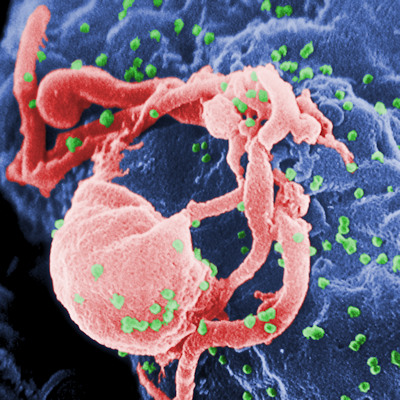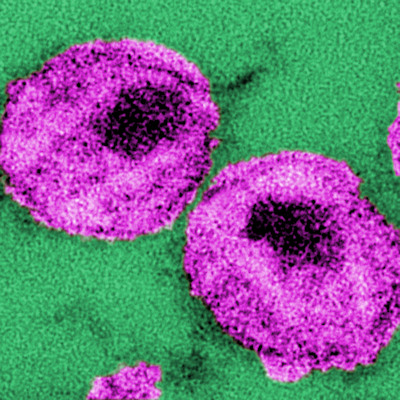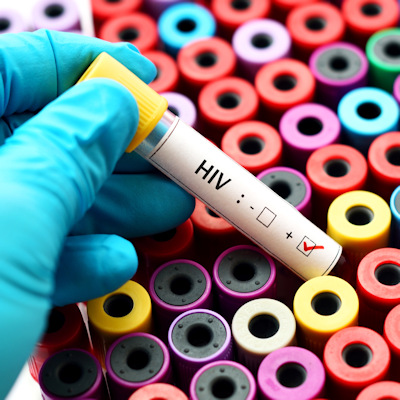July 28, 2022 -- New research presented at the AIDS 2022 conference shows the HIV-infected memory CD4+ T-cell reservoir is a distinctive cell population that may be uniquely susceptible to specific targeted therapies. In other words, to cure HIV, it would be useful to incorporate drugs that relieve blocks at multiple HIV lifecycle steps and combine these with agents that potentiate physiologic cell death.
Scientists with the National Institute of Allergy and Infectious Diseases' Vaccine Research Center and their collaborators isolated and analyzed HIV-infected memory CD4+ T cells by developing a custom microfluidic sorting technology.
The Focused Interrogation of Cells by Nucleic Acid Detection and Sequencing (FIND-Seq) defines gene expression patterns from rare cells harboring latent HIV by generating millions of single-cell reaction containers in the form of water-in-oil emulsions. Messenger RNA capture and virus DNA detection can then be performed sequentially while maintaining segregation among cells.
The scientists applied the technology to blood cells from six people with HIV who had begun taking antiretroviral therapy while chronically infected and had experienced more than one year of viral suppression. With data acquired by FIND-Seq, the research team compared the gene expression patterns of HIV-infected memory CD4+ T cells with those of HIV-uninfected memory CD4+ T cells in the same individuals. They found clear differences between the HIV-infected CD4+ T cells and their uninfected counterparts, including gene expression patterns linked to the suppression of multiple steps in the HIV lifecycle and to cell survival and proliferation.
Copyright © 2022 scienceboard.net










